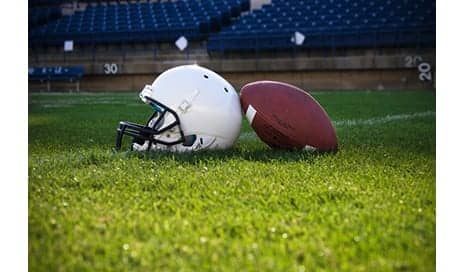The University of Alabama at Birmingham (UAB) announces a partnership with Seattle-based VICIS to develop and market safer, more effective football helmets.
VICIS was founded to develop new football helmet technology. The partnership with UAB adds expertise to the VICIS team as well as industry partners that can help make real progress in protecting athletes, according to a media release from UAB.
“VICIS’ mission and progress to this point were a perfect match for what UAB brings to the table,” said Kathy Nugent, PhD, executive director for UAB’s Bill L. Harbert Institute for Innovation and Entrepreneurship, in a media release from UAB. “Our scientists, physicians and students are working to mitigate concussions in sports in a number of areas across the university and UAB Health System. We are eager to combine the work we have done with the technology VICIS has developed.”
The partnership will build on the technologies and designs already put forth by VICIS and UAB—notably, VICIS’ ZERO1 helmet, which is designed to reduce impact forces, and helmet designs by Dean Sicking, PhD, from the UAB Engineering lab that are engineered to protect a player’s brain.
“The safety and well-being of our student-athletes is our top priority, and being a part of a world class engineering and medical institution provides us a unique opportunity to be a leader in sports safety,” says UAB Director of Athletics Mark Ingram, in the release. “This partnership between UAB and VICIS is a wonderful opportunity to leave a lasting imprint on football, and our program looks forward to being involved.”
“The ZERO1 football helmet we are launching this year delivers a significant leap forward in technology and performance vs. conventional helmets,” states Dave Marver, CEO of VICIS, in the release. “Our partnership with UAB provides additional horsepower in engineering, materials and neurological science which will help VICIS continue to introduce advancements in helmet technology for the benefit of this great sports and the kids who play it.”
“At the end of the day,” Sicking adds, “the purpose behind our work is to protect these athletes who we now know are suffering long-term implications. We have to do a better job for the future of the game, and for the next generation.”
[Source(s): University of Alabama at Birmingham, Newswise]





